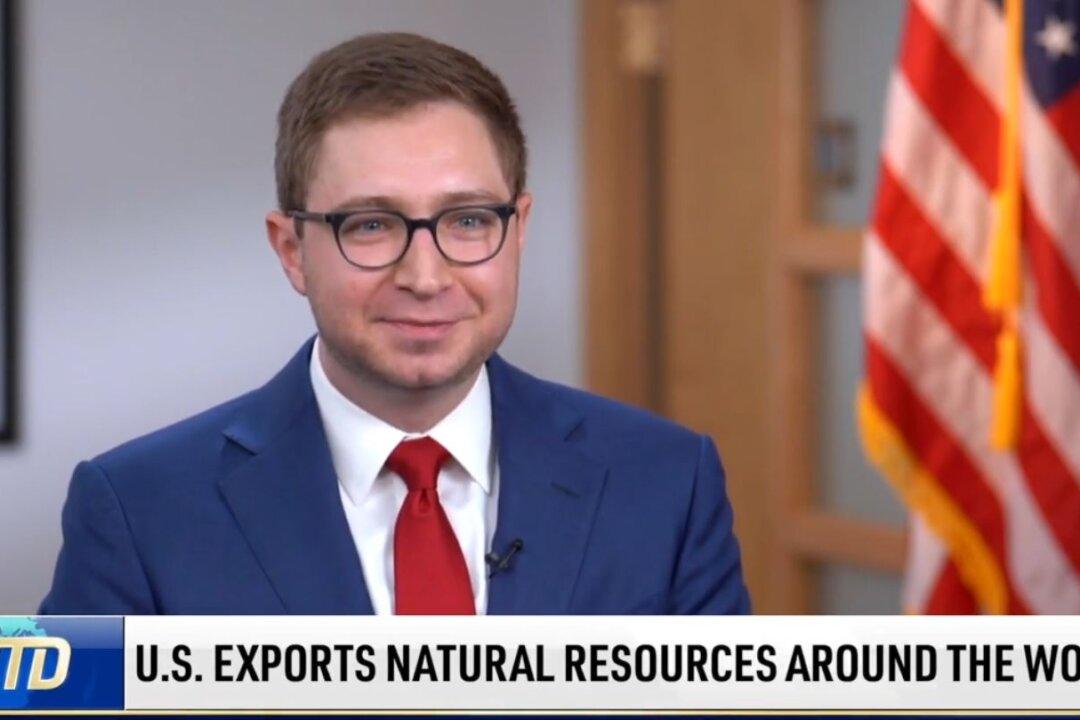There is no need to choose between environmental protection and producing clean energy at low cost, as both can be achieved, said Alex Fitzsimmons, former deputy assistant secretary in the Office of Energy Efficiency and Renewable Energy during the Trump administration.
“The U.S. is the number one reducer of CO2 [carbon dioxide] emissions in the world. And of course, there’s a lot more we can do. And the only way we can do more is by investing in a broad range of clean energy technologies,” Fitzsimmons told NTD’s “Capitol Report” program in an April 15 interview.






